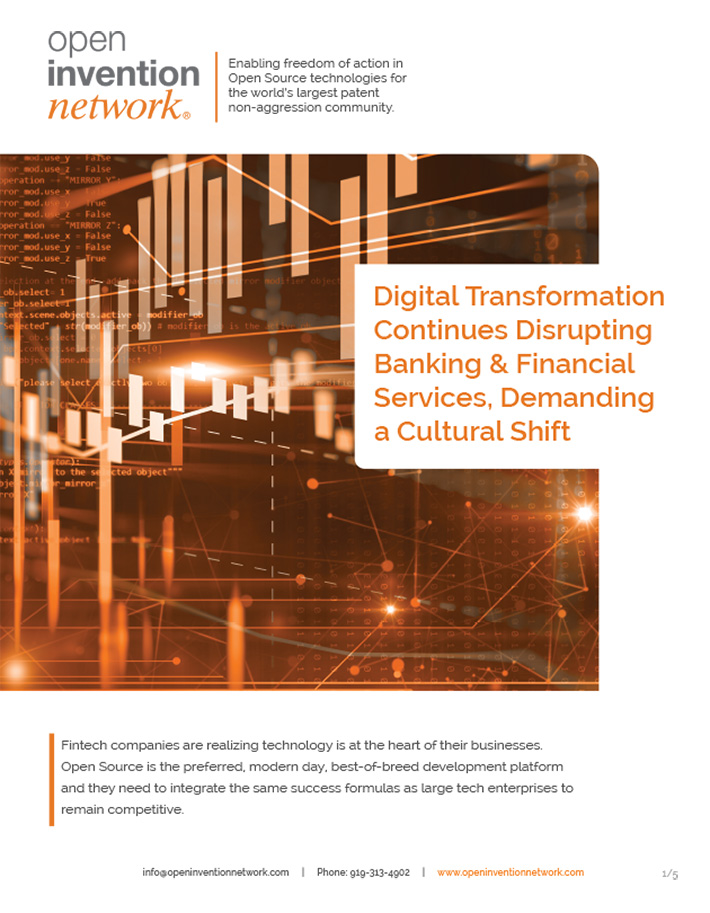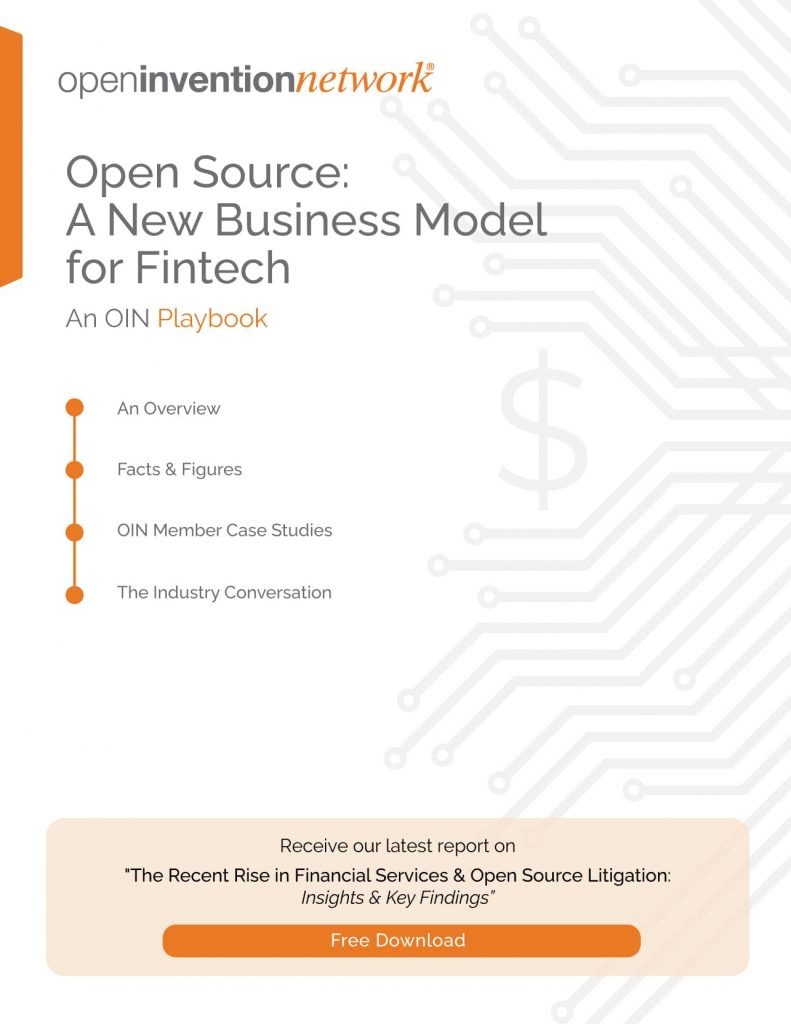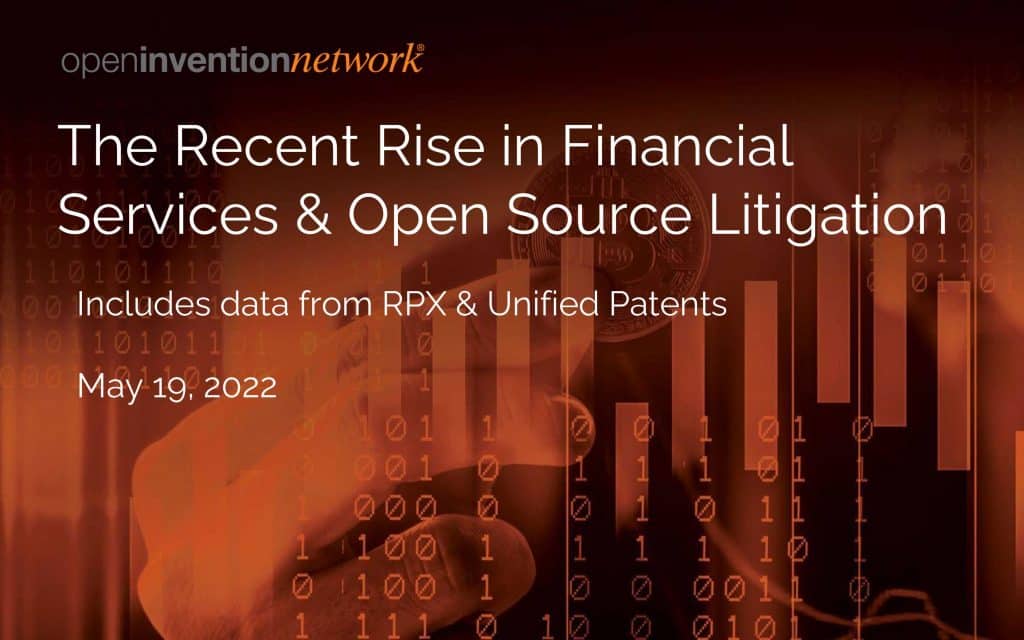Banking & Financial Services
Digital transformation continues disrupting banking & financial services, demanding a cultural shift in Fintech.
Digital payments, card less transactions, mobile deposits and other self-service options in both Business-to-Business (B2B) and Business-to-Consumer (B2C) markets are forcing banks and financial service organizations to transition to Open Source. Consumers’ demands are requiring the Fintech industry to be more strategic, efficient and comprehensive to compete in an aggressive, global, 24/7/365 marketplace, manage increasing data storage and comply with mandated regulations that require transparency. For example, banks are implementing standardized Application Programming Interfaces (APIs) to power even their most basic services with Open Source running ATMs, mobile banking apps, Bitcoin, blockchain and an array of additional digital services.
As Open Source technology solutions become the norm, banks and financial companies are shifting to “as a Service” industries. Banks are introducing more digital products. Financial firms are leveraging Open Source Software (OSS) to develop customer-centric tools and discovering it is significantly easier to do today than compared to the past.
As a result of this movement towards Open Source, just about any company has the capability to offer financial services. As further evidence we are transitioning into an open world, the number of global, open banking customers is expected to grow at an average annual rate of nearly 50% with nearly 64 million users by 2024, according to Statista.
Digital transformation continues disrupting banking & financial services, demanding a cultural shift in Fintech.
Digital payments, card less transactions, mobile deposits and other self-service options in both Business-to-Business (B2B) and Business-to-Consumer (B2C) markets are forcing banks and financial service organizations to transition to Open Source. Consumers’ demands are requiring the Fintech industry to be more strategic, efficient and comprehensive to compete in an aggressive, global, 24/7/365 marketplace, manage increasing data storage and comply with mandated regulations that require transparency. For example, banks are implementing standardized Application Programming Interfaces (APIs) to power even their most basic services with Open Source running ATMs, mobile banking apps, Bitcoin, blockchain and an array of additional digital services.
As Open Source technology solutions become the norm, banks and financial companies are shifting to “as a Service” industries. Banks are introducing more digital products. Financial firms are leveraging Open Source Software (OSS) to develop customer-centric tools and discovering it is significantly easier to do today than compared to the past.
As a result of this movement towards Open Source, just about any company has the capability to offer financial services. As further evidence we are transitioning into an open world, the number of global, open banking customers is expected to grow at an average annual rate of nearly 50% with nearly 64 million users by 2024, according to Statista.
Banking & Financial Services Industry
Open Source Information & Trends
Here are a few highlights about our community members:

Alibaba integrates blockchain into its cross-border eCommerce platform, which is one of the largest digital platforms that sells imported goods in China. Alibaba Cloud offers a Blockchain-as-a-Service (BaaS) which supports Hyperledger.

Ant Group is the parent company of China’s largest digital payment platform, Alipay. The business uses AntChain blockchain-based tech solutions, and its Open Source projects are the most active among Chinese enterprises.

Barclays OIN membership signals its focus on addressing Patent Assertion Entity (PAE) threats and its engagement with Intellectual Property (IP)-focused initiatives.

Square is built on Open Source code with major tech companies relying on its software to connect their entire businesses.

Stripe builds economic infrastructure for the Internet to increase the platform’s Gross Domestic Product (GDP).

TD Bank relies on Open Source tools and digital automation to improve customers’ experiences. It added a Twitter chatbot into its communications and adopted Amazon’s Alexa to offer voice banking to customers.

Uber provides a portfolio of financial services to its drivers, including real-time earnings deposited after every ride into a fee-free account.

U.S. Bank serves millions of customers locally, nationally and globally. It has been recognized for its approach to digital innovation, social responsibility, and customer service, including being named one of the 2022 World’s Most Ethical Companies and Fortune’s most admired superregional bank.
OIN Community Members
Open Source Advocates | Banking & Financial
What Members are Saying

RBC recognizes open source as a significant enabler of innovation and it was important for us to join the Open Invention Network and support its role in protecting Linux system open source software from patent litigation risk.
Lucille D’Souza
VP & Associate General Counsel | Royal Bank of Canada
Don’t miss out on Table 13 expanded coverage.
Linux System Table 13 increases coverage for Cloud Computing, Kubernetes & Eclipse, as well as expands coverage for modern languages by adding many new libraries for Go, Python & Rust.
Because we believe in transparency, choice & shared commitment to the future of Open Source, we are not automatically converting existing members to OIN 2.0. All OIN members need to sign an OIN 2.0 License Agreement.
Don’t miss out on Table 13 expanded coverage.
Linux System Table 13 increases coverage for Cloud Computing, Kubernetes & Eclipse, as well as expands coverage for modern languages by adding many new libraries for Go, Python & Rust.
Because we believe in transparency, choice & shared commitment to the future of Open Source, we are not automatically converting existing members to OIN 2.0. All OIN members need to sign an OIN 2.0 License Agreement.
















